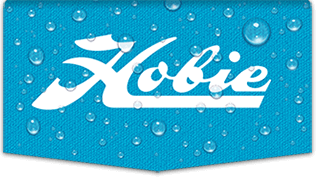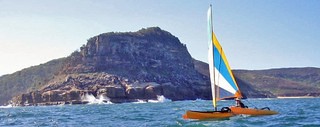Camping in Everglades National Park does take some planning which may seem daunting to first timers. Again, the easy way is to join a trip. There is a very active group in Miami called “The Miami Kayaking Meetup Group” and their link is
http://www.meetup.com/miami-kayak-club/ They have a number of multiday ENP camping trips planned in the next month. These are no-charge trips (other than cost of permits & maybe parking). They are led by kayakers simply for the fun of it. While most of them are kayakers, I’m sure they would love to have an AI/TI owner or two joining in.
I tend to do my own thing and invite people to join my trips. Often I post them on the Florida AI/TI Owners thread on this forum; sometimes I simply email a group of friends.
Camping in the backcountry of Everglades National Park, which is a wilderness area, is clearly explained in their “Wilderness Trip Planner.” Click on that title at the link
http://www.nps.gov/ever/planyourvisit/backcamp.htm This brochure explains the procedure for getting a permit. It explains the seasons (the camping season is roughly from Nov to March, maybe into April). The busiest times are around any holiday (Thanksgiving, MLK weekend, Spring Break, etc). From Dec 18 to mid-Jan is very busy for obvious reasons—this is the time of the year when it is difficult to get a permit for the “10,000 Island” area, the most popular area for tourists.
The Trip Planner discusses the types of camp sites: Chickees, ground, and beach. It has a mileage chart showing all campsites, with a rough location, and distances between sites. I like to camp on the beach sites because they are the easiest to access by kayak or AI/TI. The beach sites also have the largest capacity, e.g., Pavilion Key is rated at 24 people. East Cape Sable is rated at 60 people and covers a stretch of beach more than 2 miles long--so it is not crowded. The beach sites are all on ocean beaches and are exposed to weather events.
For a beginner in the Everglades, the many shallow areas (usually mud bottom) and understanding the tides is critical. You can bring a lot of grief upon yourself if you do not clearly understand charts and know how to navigate with compass and/or GPS. Couple that challenge with understanding the tides, and beginners have a lot on their plate.
So, yeah, it takes planning to have a good trip.
Getting a permit is the least of your problems.






